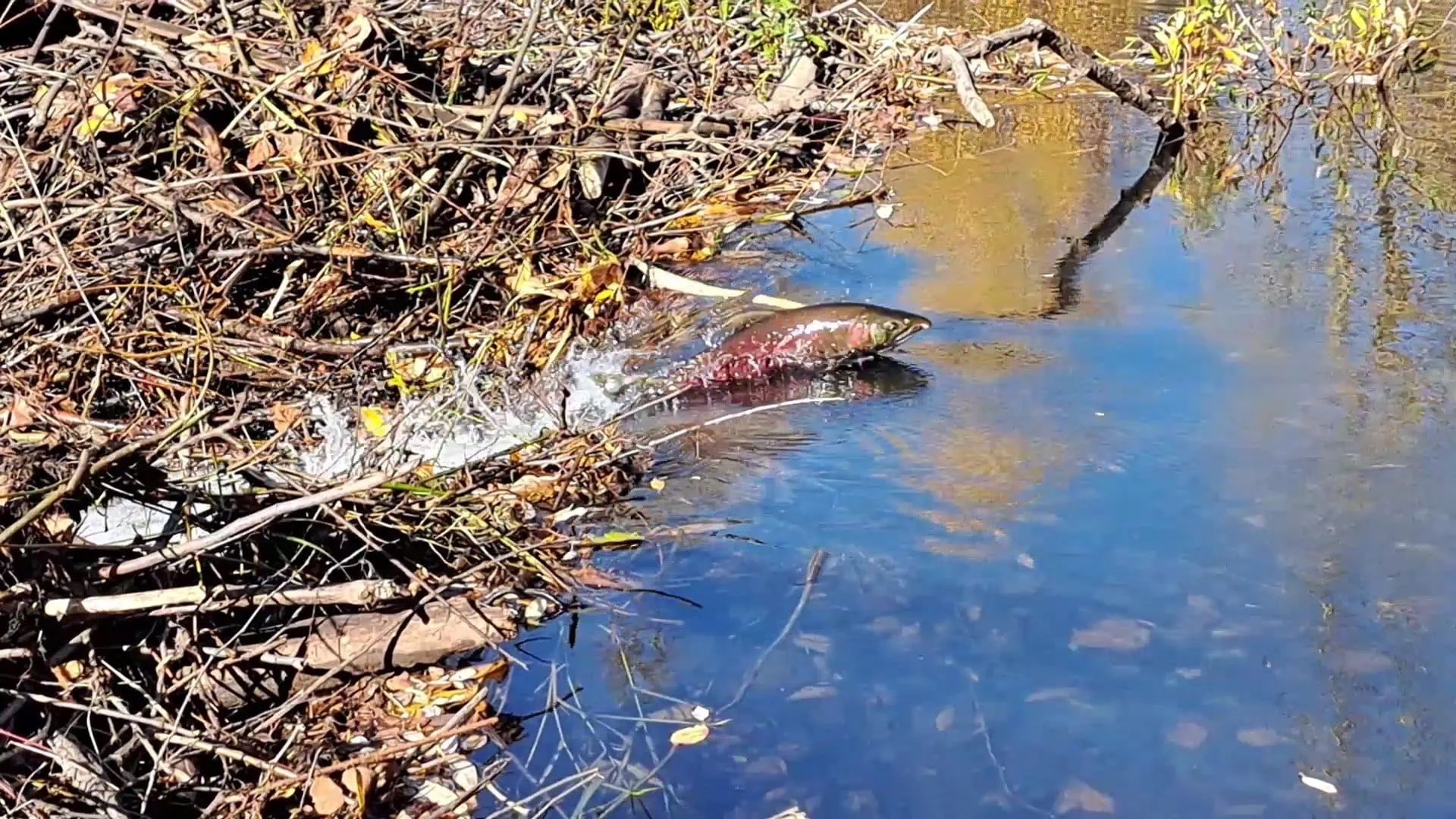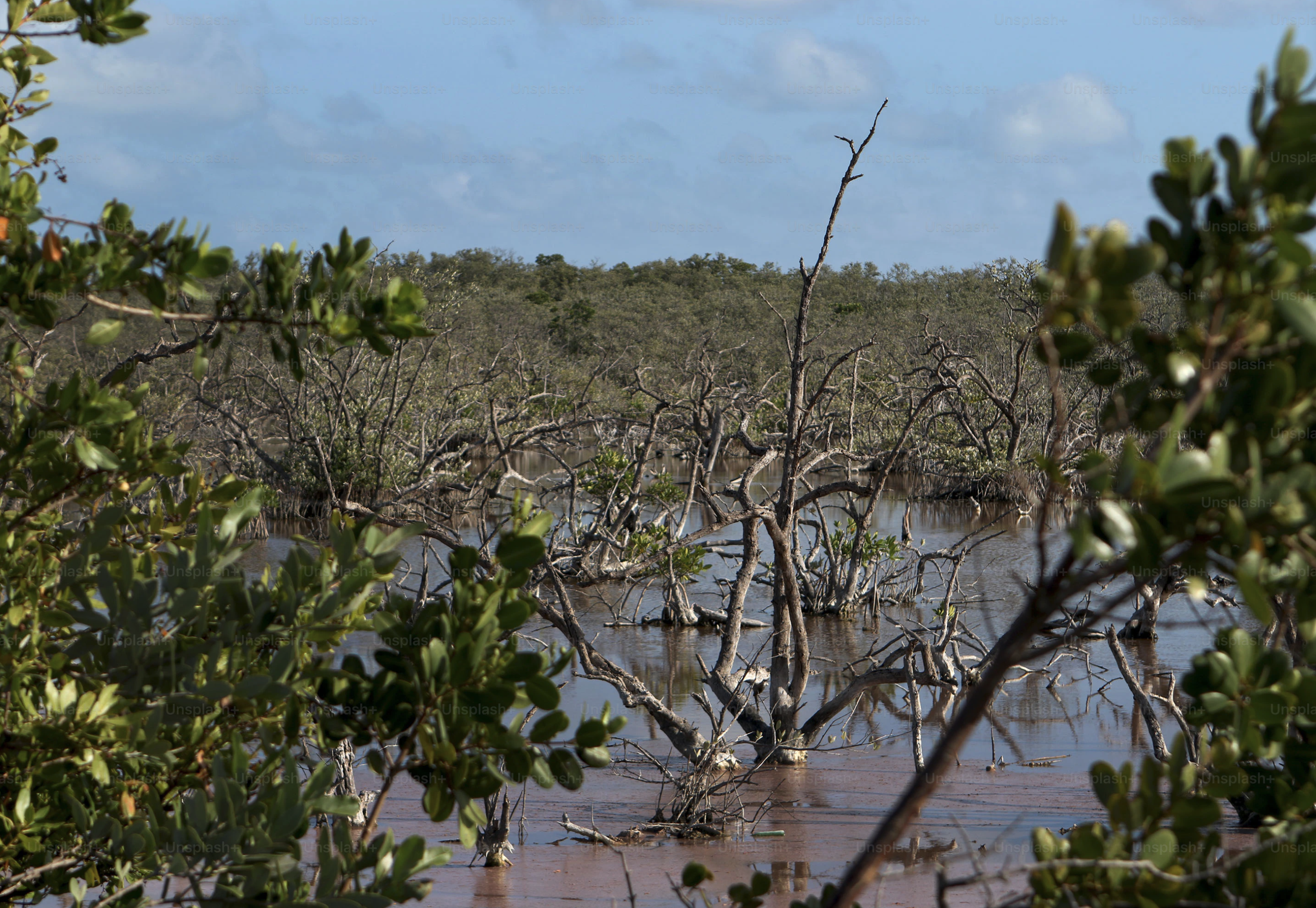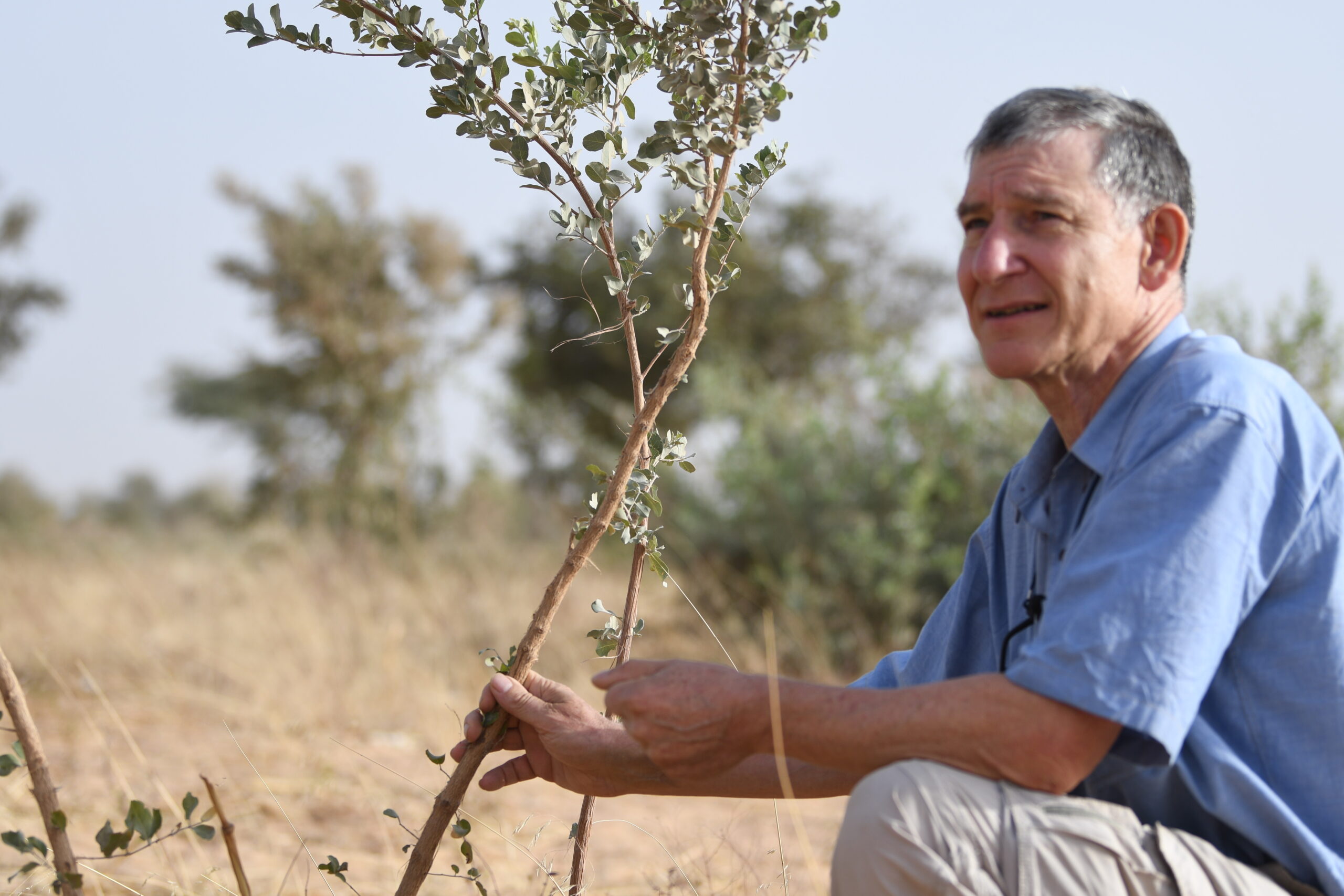Slavish arguments
I have just returned from visiting the remarkable A Rocha Ghana team, and they took us to two world-famous and entirely different sites in one afternoon: the Kakum Forest with its canopy walkway, and the slaving fort at nearby Cape Coast.

At first it seemed a sublime irony to see them both in the space of a few hours. The forest is a wonderful example of the goodness of God in creation, with its extraordinarily beautiful and majestic trees, highly endangered animals and birds and hosts of strikingly beautiful butterflies. It was holy ground for this particular birder and spending time in the canopy was all delight, even if the heat was tremendous by the time we got there towards the middle of the day. By fearful contrast, the slaving fort is a terrible stain on the histories of all involved, and not least and notably my own nation and my own Anglican church who apparently constructed their first building in Ghana directly above the cellars. It was here that thousands of people died, as they waited in complete darkness for months, until they were loaded onto the coffin ships that would transport them one way, and often fatally, westwards.
During the four hour drive back to Accra through stop start traffic there was plenty of time to think. And so I was arrested by a comment the following day from a representative of a mining organisation at the conference on another equally wonderful and as yet unprotected forest, Atewa. Suddenly the two places came together in an association that is anything but ironic. His argument for continuing the mining that is devastating Atewa and other forests was that contracts are contracts, and regardless of the consequences they must be honoured. Suddenly all the business arguments for slavery – that the known western economy could only continue if it flourished, and that investors had committed too much for it to be abandoned – were given a new outing. Two million people in western Accra depend for their water on the three rivers that flow from Atewa, and which, since 2008, have been suffering from the highly pollutant run-off from all the new mines, registered and unregistered. The threats to the forest from illegal logging are also impacting its role in storing water, purified by the shallow soils, for release into the rivers. All the communities around the forest need its climate regulation for their crops. But none of this compares to the interests of mining investors whose contracts need to be honoured.
The truth is that businesses founded on things that are plain wrong have to stop, even if the economic consequences are not entirely known. Environmental damage can be understood as being plain wrong, just as slavery is, when it impacts so directly the poor who always live down-wind and downstream. A friend remarked to me recently that evil doesn’t always wear jackboots, but when it comes to unsustainable businesses that impoverish the poorest and destroy creation for simple profit, then we have to do better at hearing the louder footfall when it comes into the room.
We are happy for our blogs to be used by third parties on condition that the author is cited and A Rocha International, arocha.org, is credited as the original source. We would be grateful if you could let us know if you have used our material, by emailing [email protected].




Thanks for this, Peter. “The truth is that businesses founded on things that are plain wrong have to stop…”. I agree that economic considerations must take second place, but aren’t most businesses founded on a goal of making money and, as Jesus said, “You cannot serve both God and mammon”.
Slavery is always wrong and thus any business founded on it must stop. I would suggest, though, that mining and logging are not inherently wrong. Are not the earth’s resources given to us to use in a responsible way? It is only the destructive way in which they are often carried out that is wrong.
Our task as followers of Jesus is to put his rulership first. All people and all businesses need to come under the rulership of Christ rather than mammon. Quite a vision for the mining and logging industries, and one that would certainly deal with their destructive practices!
The goal of businesses: well, if it’s ‘making money’ then there is no inherent limit, as you can always have more of that. Now, if one’s business goal is defined as ‘making a living’ then things become quite different; yes, the number of employees who make a living out of their job in the company can grow a lot, but that business has a real chance of being sustainable. I’d say even the health and well-being of the workers will be much more respected if people aren’t striking it rich but making a living.
The earth’s resources are given to us—the mandate is to exercise stewardship, which will entail not looking at every potential source as a resource. Perhaps we shouldn’t eat every edible thing (whales? eagles?). Perhaps the bauxite under Atiwa forest should be left as is. Those are questions that need real data, and a servant mind, to be addressed correctly. We lack some of the former and a lot of the latter.
Thank you for the helpful clarifications, Francis and Julio. You are quite right that there is nothing inherently wrong with mining or logging – it all depends on how those businesses are conducted. In the case of Atewa the issue for mining is that regulations are not being respected and there are consequent major problems with run-off into the rivers that provide water for Accra. It is an open question whether bauxite mining can even its most responsible form be reconciled with the location of mines in such a vitally important place for biodiversity. The issue with nearly all of the forestry is that it is simply illegal. The overall problem for Atewa is that it lacks the legal protection that its outstanding and unique character as highly rare and endangered remnant forest habitat deserves – hence the campaign led by A Rocha Ghana.
As to “serving mammon” there is a growing recognition that businesses whose only objective is to make money are devastating for those who work for them, and the people and planet who become raw materials for such a limited project. The difficulty is that the metrics of success that are derived from ideas such as “share-holder value” militate against any considerations beyond the financial. In this context the current reflection being led by the Archbishop of Canterbury and others to help businesses recover a wider vision of their meaning in the world can only be helpful. See http://www.archbishopofcanterbury.org/articles.php/5167/archbishops-speech-to-the-blueprint-for-better-business-conference
Those interested in a more extensive and excellent discussion on these issues may wish to read Andy Evans’s blog post on responsible investment here:
http://rest-ethics.blogspot.co.uk/2013/04/what-exactly-is-responsible-investment.html